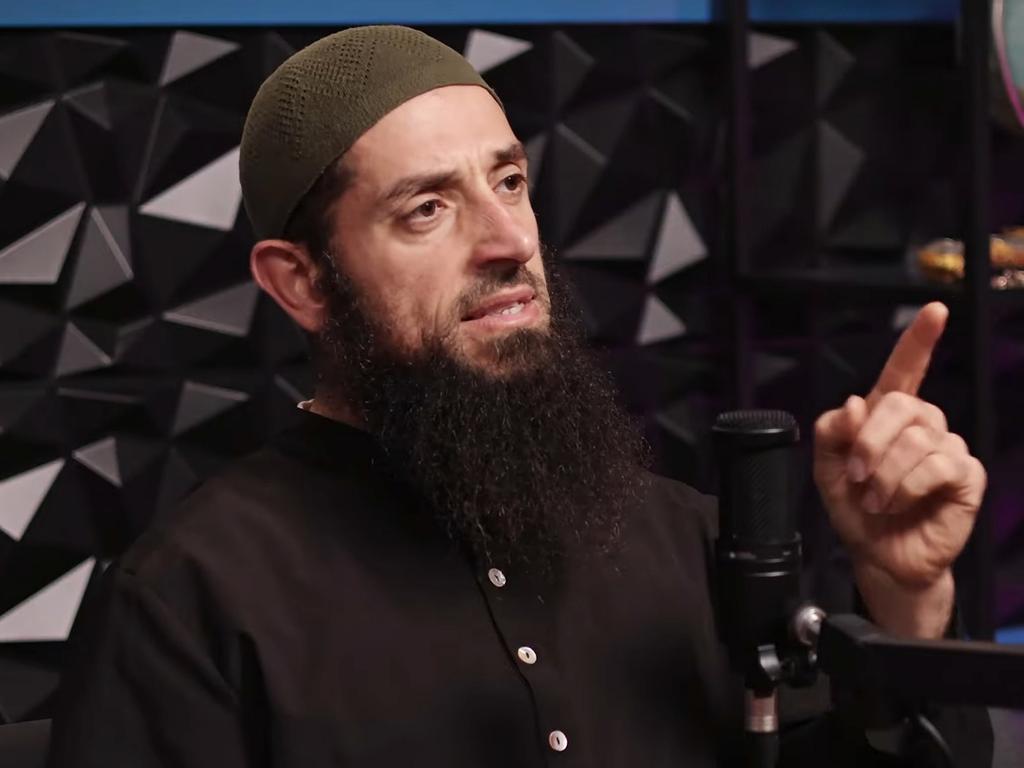Iraqi Kurdistan, After Isis: a photograhic essay by Sane Seven and Marius Janciauskas
For years, the deadly Isis forces terrorised their world. Now these Kurdish women are dismantling its deadly legacy, one mine at a time. | PICTURE ESSAY

Ever since Isis – the jihadist group also known as Islamic State – was ousted from Iraqi Kurdistan in 2017, the region has been littered with landmines, cluster munitions and unexploded bombs which still prevent displaced people from returning home. Women whose families were torn apart under Isis rule are now working with the Mines Advisory Group, an international humanitarian organisation that trains them to safely detect and dispose of the hidden killers.

In March this year Sane Seven, 40, and Marius Janciauskas, 42 – a husband-and-wife photography team – travelled to Iraqi Kurdistan to take portraits of these remarkable women posing proudly in traditional dress in defiance of the regime that once barred them from education and work.


One deminer, Siham Fayruz, 24, from Mosul, was 14 when Isis arrived in her city. “I wanted to become a doctor or an engineer but we couldn’t continue our education,” she says. Her husband was later shot by an Isis fighter, and died in her arms. “I lost my youth because of Isis.”
Her colleague Rawa Ahmed, 45, is a former hairdresser. Her husband fell and broke his back when they were fleeing Mosul, so she is now the breadwinner – something they have faced prejudice about. “People used to ask my husband, ‘How do you let her go and do this job?’ I don’t let them discourage me,” she says.

“We expected the women to be quite conservative,” admits Janciauskas. “But this did not match the reality. ‘I want to look like Angelina Jolie,’ one of them said as we took her photo. They had deep respect for their traditional dress, but underneath we saw Adidas sneakers.”





To join the conversation, please log in. Don't have an account? Register
Join the conversation, you are commenting as Logout